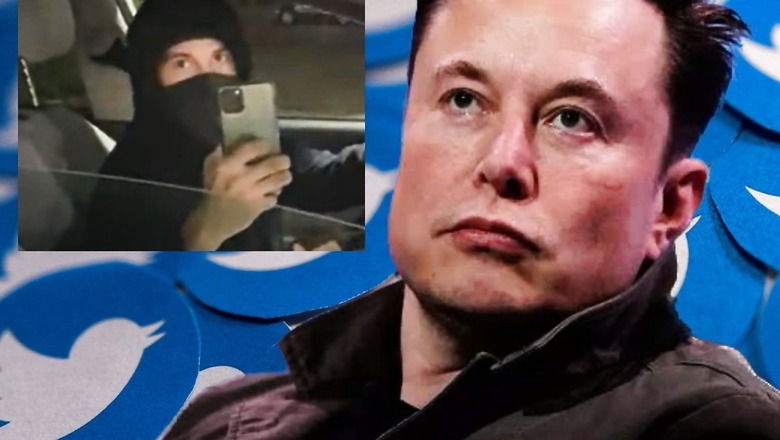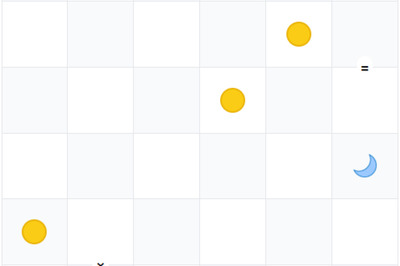
views
The term ‘doxxing’ has recently gained widespread attention after Twitter suspended the accounts of several prominent journalists who reported on Elon Musk, the emerging Twitter beat, and a ‘stalker’ ElonJet bot account that endangered Elon Musk’s son, X.
Doxxing, short for ‘dropping dox,’ is the act of exposing a person’s personal information online without that person’s consent. Personal information can include the person’s name, address, phone number, email address, and in Elon Musk’s case, his child’s real-time whereabouts.
Elon Musk tweeted about updated doxxing policies on Wednesday after his son X was being stalked in real-time. “Any account doxxing real-time location info of anyone will be suspended, as it is a physical safety violation. This includes posting links to sites with real-time location info.”
Earlier, Twitter suspended ElonJet, an account that was tracking Elon Musk’s private jet in real-time. Musk threatened legal action against the account’s operator after claiming his son was mistakenly followed by a stalker.
Anyone recognize this person or car? pic.twitter.com/2U0Eyx7iwl— Elon Musk (@elonmusk) December 15, 2022
ElonJet, run by 20-year-old university student Jack Sweeney, used publicly available data to track the movements of Musk’s private jet before the account was suspended
Is Doxxing a Cybercrime?
India currently has no specific law against doxxing. However, there are laws against voyeurism, sharing sexually explicit or obscene content, defamation, and online stalking, which may apply in cases of doxxing. Doxxing violates the fundamental right to privacy and threatens the right to dignity as it is protected by the Constitution of India, and can lead to harassment and put individuals in danger.
Ways to Prevent Doxxing
- Use privacy settings and restrict who can see your personal information.
- When disclosing information to others, exercise caution and only share personal information with those you trust.
- Using a VPN can help you hide your real-time location and prevent you from being tracked.
- Be wary and avoid publicly posting your personal information online on social networking platforms.
What is Twitter’s New Policy on Doxxing?
As per Twitter, “Sharing someone’s private information online without their permission, sometimes called doxxing, is a breach of their privacy and of the Twitter Rules.”
If a user shares ‘private or live location information,’ Twitter will ask you to remove the content, and “will also temporarily lock you out of your account before you can Tweet again.” And, if a user commits the same breach of privacy again, “after your first warning, your account will be permanently suspended.”
If you use your account to share the live location of another person, your account will be suspended automatically.
And, if a user shares ‘private media,’ of an individual without their consent, Twitter will “require you to remove the content and temporarily lock your account while you remove the media.”
Musk Claims Doxxing Rules Apply to ‘Everyone’
In response to a Tweet regarding the account suspensions of several prominent journalists, Musk tweeted, “The same doxxing rules that apply to everyone else also apply to ‘journalists’,” referencing Twitter’s prohibition on sharing personal information. Musk added, “Criticizing me all day long is totally fine, but doxxing my real-time location and endangering my family is not.”
Twitter suspended the accounts of several journalists—including Ryan Mac of The Times, Drew Harwell of The Post, Donie O’Sullivan of CNN, and Matt Binder of Mashable. The account of independent journalist Aaron Rupar, who reports on U.S. policy and politics, was also suspended.
Read all the Latest Tech News here














Comments
0 comment